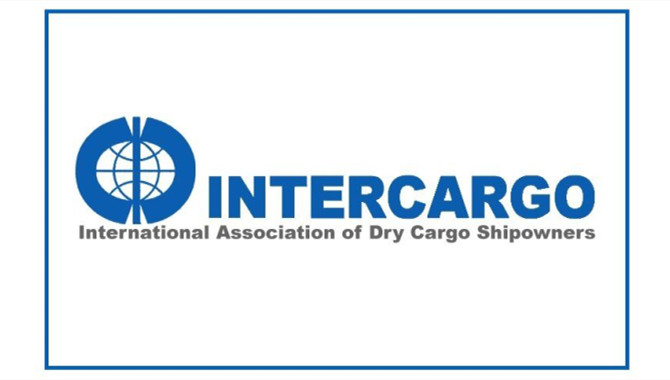The inclusion of shipping in the EU Emissions Trading System (ETS), which European lawmakers have
recently supported, has ignored calls from INTERCARGO and the industry as a whole, for collaboration and adapted solutions to achieve the much needed reduction in Greenhouse Gas (GHG) emissions for greener shipping. Far from being a meaningful contribution towards meeting those objectives, this move is, instead, a confirmation of how distanced the thinking of European decision-makers is from the global dimensions of the shipping sector.
Global challenges and problems require global handling and solutions: The International Maritime Organization (IMO) works to ensure a level playing field globally unlike European or other regional regulations. The latter have proven ineffective, as they create distortions and multi-tier markets, or even trade tensions. A thorough impact assessment on the inclusion of shipping in EU ETS is imperative.
The EU ETS risks causing trade retaliation, an increase in emissions and the decline of European ports. There is a danger that trans-shipment centres will be set up just outside EU borders and served by large, efficient bulk vessels. Smaller, less GHG efficient ships will then transport cargoes to EU ports which will lose efficiencies gained through technology and size. In short, carbon leakage will take place.
The challenge to decarbonise shipping is enormous. IMO’s initial strategy and the adoption of the GHG Roadmap focuses on the implementation of short, medium, and long-term measures. Shipowners have responded responsibly to the challenge by putting forward the USD 5bn R&D fund proposal as a much needed longer-term complementary contribution to set in motion the chain of innovation, investment, production, and adoption by the marketplace of innovative technologies and energy carriers.
“The industry needs fuel/energy suppliers, engine manufacturers, shipbuilders and charterers to achieve IMO’s objectives,” said INTERCARGO Secretary General Kostas Gkonis. “Bringing these key stakeholders aboard has arguably been the greatest challenge for IMO. One more challenge has now been added: changing the thinking of narrow-minded regional decision-makers and persuading them to see the broader picture. The inclusion of shipping in EU ETS is basically a money collection mechanism, fundamentally disconnected from the work at IMO, and risks undermining a global GHG solution.”
About INTERCARGO: International shipping is vital for the global economy and prosperity as it transports approximately 90% of world trade. The dry bulk sector is the largest shipping sector in terms of number of ships and deadweight. Dry bulk carriers account for 43% of the world fleet (in tonnage) and sail an estimated 55% of the global transport work. You are invited to view our video
Dry Bulk Shipping: Sustainably serving the world’s essential needs.
The International Association of Dry Cargo Shipowners (INTERCARGO) is representing the interests of quality dry bulk shipowners, with close to 2,400 registered ships out of more than 11,000 ships in the global dry bulk fleet, corresponding to over 25% of the global dry bulk fleet basis deadweight. INTERCARGO convened for the first time in 1980 in London and has been participating with consultative status at the International Maritime Organization (IMO) since 1993. INTERCARGO provides the forum where dry bulk shipowners, managers and operators are informed about, discuss and share concerns on key topics and regulatory challenges, especially in relation to safety, the environment and operational excellence. The Association takes forward its Members’ positions to the IMO, as well as to other shipping and international industry fora, having free and fair competition as a principle.

 Ningbo Containerized Freight Index Weekly Commentar
Ningbo Containerized Freight Index Weekly Commentar  Ningbo Containerized Freight Index Weekly Commentar
Ningbo Containerized Freight Index Weekly Commentar  Ningbo Containerized Freight Index Weekly Commentar
Ningbo Containerized Freight Index Weekly Commentar  BIMCO Shipping Number of the Week: Bulker newbuildi
BIMCO Shipping Number of the Week: Bulker newbuildi  Ningbo Containerized Freight Index Weekly Commentar
Ningbo Containerized Freight Index Weekly Commentar  Ningbo Containerized Freight Index Weekly Commentar
Ningbo Containerized Freight Index Weekly Commentar